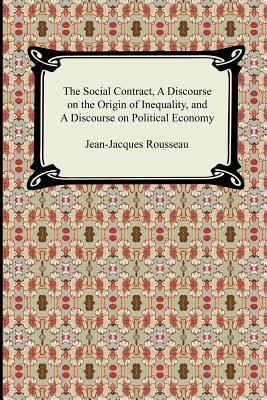
Lawless, Richard Phillip
product information
description
bes how intelligence should work to inform and direct diplomacy to the advantage of both the United States and the world. Lawless's focus is on intelligence and diplomatic personnel and the need for these indispensable professionals to have the will and expertise to carry out their responsibilities. He describes the apex of it all as the knowledgeable policymaker who recognizes the facts to succeed or the unknowledgeable policymaker who ignores the facts and fails.
-Joseph Wippl, Professor of the Practice of International Relations, School of Global Studies, Boston University For fifteen years, Richard Phillip Lawless served as a clandestine-services officer for the Central Intelligence Agency. His primary duty involved seeking out and exposing undeclared nuclear weapons activities within countries of the highest concern to the U.S. government. Hunting Nukes is his detailed chronicle of those experiences. Among them, Lawless reveals the successful takedown of the South Korean strategic weapons program in the mid-1970s. He describes, in detail, the Agency's operation that detected, penetrated, defined and eventually blocked that country's covert effort. Reentering U.S. Government service in the wake of 9/11, he joined the senior levels of policy-making at the Department of Defense. Lawless recounts his duties as Deputy Undersecretary of Defense for Asian and Pacific Security Affairs, particularly in the 2002-2008 talks with the rogue North Korean regime-the so-called "Six Party Talks." In those cases and others, Lawless details his role in the political and bureaucratic struggles necessary to keep the world's most terrifying weapons out of the hands of the world's least responsible and most dangerous regimes.
-Joseph Wippl, Professor of the Practice of International Relations, School of Global Studies, Boston University For fifteen years, Richard Phillip Lawless served as a clandestine-services officer for the Central Intelligence Agency. His primary duty involved seeking out and exposing undeclared nuclear weapons activities within countries of the highest concern to the U.S. government. Hunting Nukes is his detailed chronicle of those experiences. Among them, Lawless reveals the successful takedown of the South Korean strategic weapons program in the mid-1970s. He describes, in detail, the Agency's operation that detected, penetrated, defined and eventually blocked that country's covert effort. Reentering U.S. Government service in the wake of 9/11, he joined the senior levels of policy-making at the Department of Defense. Lawless recounts his duties as Deputy Undersecretary of Defense for Asian and Pacific Security Affairs, particularly in the 2002-2008 talks with the rogue North Korean regime-the so-called "Six Party Talks." In those cases and others, Lawless details his role in the political and bureaucratic struggles necessary to keep the world's most terrifying weapons out of the hands of the world's least responsible and most dangerous regimes.
member goods
No member items were found under this heading.
Return Policy
All sales are final
Shipping
No special shipping considerations available.
Shipping fees determined at checkout.







